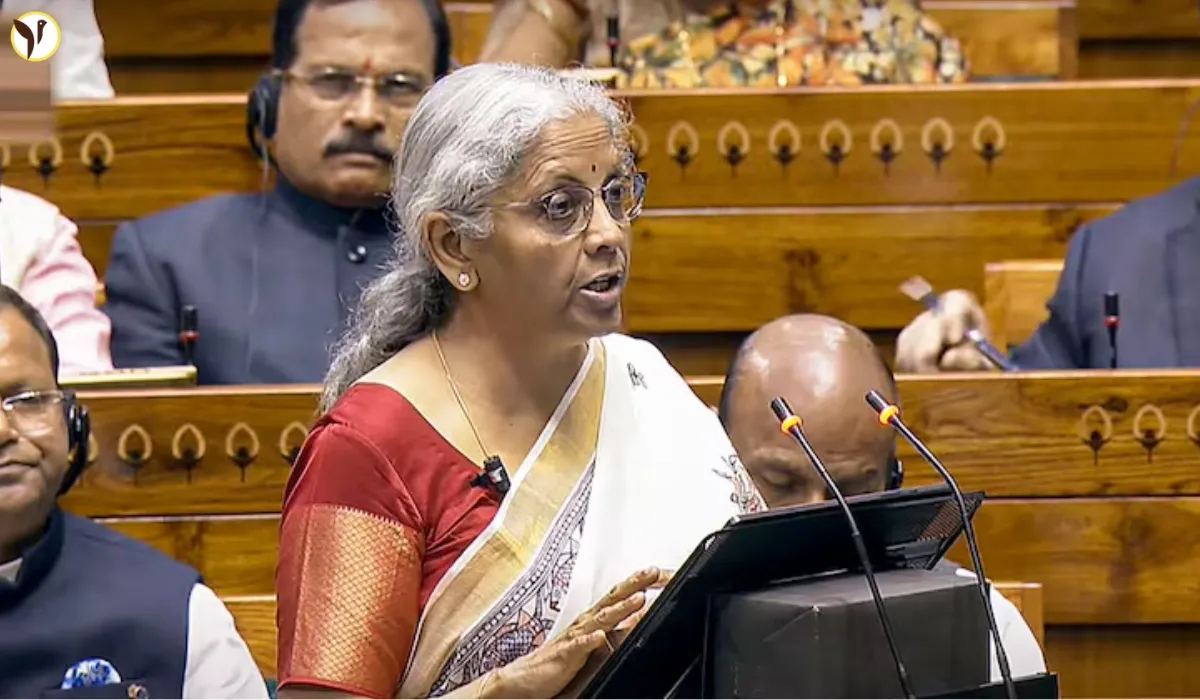Merz, Taurus Missiles, and a Cautious Approach to Ukraine
Germany's newly appointed Chancellor, Friedrich Merz, finds himself navigating a complex landscape regarding the potential supply of Taurus long-range missiles to Ukraine. His recent trip to Kyiv has brought this critical issue into sharp focus, leaving many questioning Germany's next move in the ongoing conflict.
The Taurus Question and Coalition Collaboration
During a press conference in Kyiv following a meeting of the Coalition of the Willing, Merz addressed the much-debated topic of supplying Taurus missiles to Ukraine. While a campaign promise of his, he stopped short of a direct yes or no. Instead, he emphasized that the decision would be made in close consultation with the United States and other allies within the Coalition of the Willing. This collaborative approach reflects a desire to reach a consensus on such a significant military decision.
- Merz stressed the need for close cooperation with partners, indicating that the specifics of Taurus deliveries wouldn't be a topic for public discussion.
- He underlined the importance of a joint strategy, suggesting that the scale and specifics of aid would be carefully considered alongside international allies.
This stance contrasts with the more vocal support for Taurus transfers expressed by some within his own party and by others, such as Omid Nouripour, Vice-President of the Bundestag, who publicly urged Merz to expedite the delivery of these crucial weapons. Nouripour emphasized the urgency of the situation and the need to provide Ukraine with the tools to defend itself.
A Shift in Transparency and the Rationale Behind It
A significant shift in Germany's approach to transparency regarding military aid to Ukraine has also emerged under Merz's leadership. The government now plans to release less detailed information about weapons deliveries. The official reasoning centers on operational security, preventing Russia from gaining tactical advantages. Government spokesperson Steffen Cornelius confirmed this shift, echoing Merz's statement about a need for “strategic ambiguity”.
- The German government insists that this new level of secrecy isn't about reduced support for Ukraine, but rather about a more prudent approach to sharing military intelligence.
- This approach aims to avoid revealing potentially sensitive details, such as the precise number of weapons supplied, which could be used by Russia to improve their targeting and defenses.
This change in transparency policy marks a clear departure from the previous government's more open approach. While the previous government, under Olaf Scholz, had faced criticism for initially being tight-lipped about military aid, the pendulum has now swung in the opposite direction under Merz. The change is presented as a matter of tactical necessity, prioritizing operational security over complete transparency.
The Preconditions for Peace Talks: A Ceasefire First
Adding another layer to the complexity is Merz's firm stance on the preconditions for peace talks between Russia and Ukraine. He insists that a ceasefire must be established before any meaningful negotiations can begin. He reiterated this point after his recent visit to Kyiv, emphasizing that Russia must agree to a cessation of hostilities. While welcoming any indication of Russia's willingness to talk, he considers it insufficient without a clear commitment to ending the fighting first.
Conclusion: A Cautious Balancing Act
Chancellor Merz's approach to the Taurus missile issue and the overall transparency of German military aid to Ukraine represents a cautious balancing act. While Germany's commitment to supporting Ukraine remains strong, Merz's administration is prioritizing operational security and strategic ambiguity, even if it means reducing public awareness of the specifics of military assistance. The ultimate decision regarding Taurus missiles will likely be heavily influenced by consultations with allies, especially the United States, indicating a strategy prioritizing collective security over unilateral action. The focus on a ceasefire as a precondition for peace negotiations further underscores a desire for a measured, collaborative approach to resolving the conflict.









